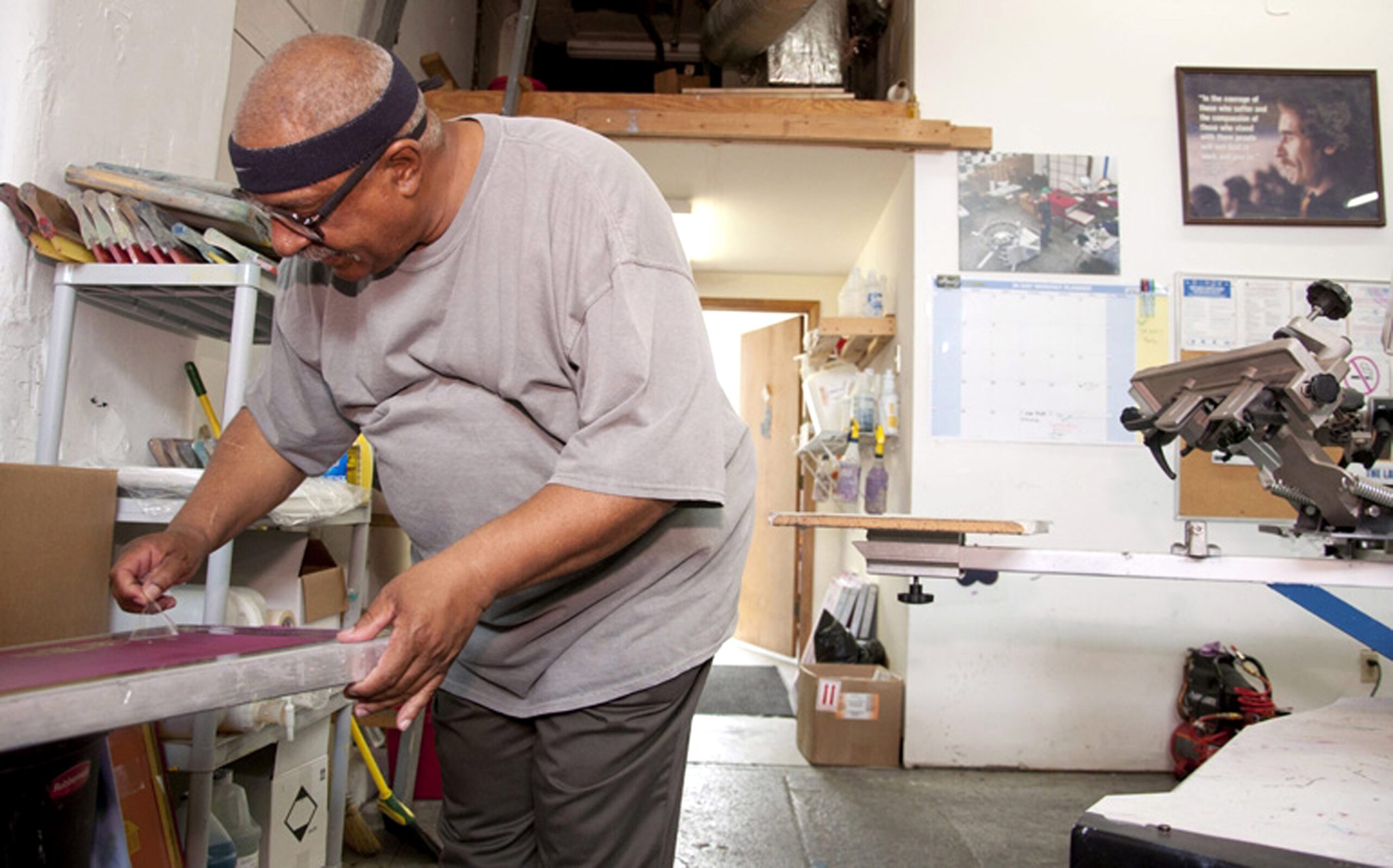The collaborative campaign was formalized during a three-day meeting of representatives of a dozen congregations active in anti-trafficking programs in local communities and the Leadership Conference of Women Religious in Washington. The meeting coincided with the release of a report by the Presidential Advisory Council on Faith-Based and Neighborhood Partnerships offering 10 recommendations to President Barack Obama’s administration aimed at eradicating human trafficking. For years, individual congregations, such as the Sisters of the Humility of Mary of Villa Maria, Pa., have run human trafficking awareness programs regionally. Sr. Margaret Nacke, a member of the Sisters of St. Joseph of Concordia, Kan., who helped convene the gathering, said it is time for the congregations to come together to better make use of the anti-trafficking resources and programs they had developed. Congregations from California, Indiana, Kansas, Louisiana, Nebraska, New Jersey, New York, Ohio and Pennsylvania were represented. “In our dialogue with government, non-government organizations and church officials, we, Sisters, got a better sense of their focus and their thrust in regard to modern-day slavery. And they got a better idea of what we, Sisters, are doing,” Nacke said. The call for greater collaboration stems from Nacke’s research into the trafficking work of religious congregations. Her findings led to the development of the Bakhita Initiative, an Internet-based listing of anti-trafficking programs and resources available from congregations nationwide. The initiative is named after St. Josephine Bakhita, a Sudanese slave who became a nun after her release. Born in 1869, she was kidnapped at age 7 and sold into slavery. Her kidnappers gave her the name Bakhita which, translated, means “fortunate one.” She eventually was freed and was inspired to join religious life. Pope John Paul II canonized her in 2000. Nacke envisions the online initiative as being a storehouse of human trafficking resources for religious congregations as well as the general public. Eleven congregations of women religious in the Toledo diocese formed Stop Trafficking of Persons (STOP) in 2006. Toledo, a major crossroads between Cleveland, Chicago, Detroit and points south, ranks fourth in the country in the number of arrests, investigations and rescues of children involved in sex trafficking, a 2010 report from the Ohio Trafficking in Persons Study Commission found. An estimated 100,000 to 300,000 minors are victims of sex trafficking at any given time, according to the Justice Department. Worldwide, about 21 million people are trafficked in an industry that nets traffickers $32 billion annually, the State Department’s 2012 Trafficking in Persons report said. “This is a crucial point to come together [nationally] because we really want to go about this in terms of best practices,” Nowak explained. “We want to use both heart and head. It’s important to collaborate and network.”



